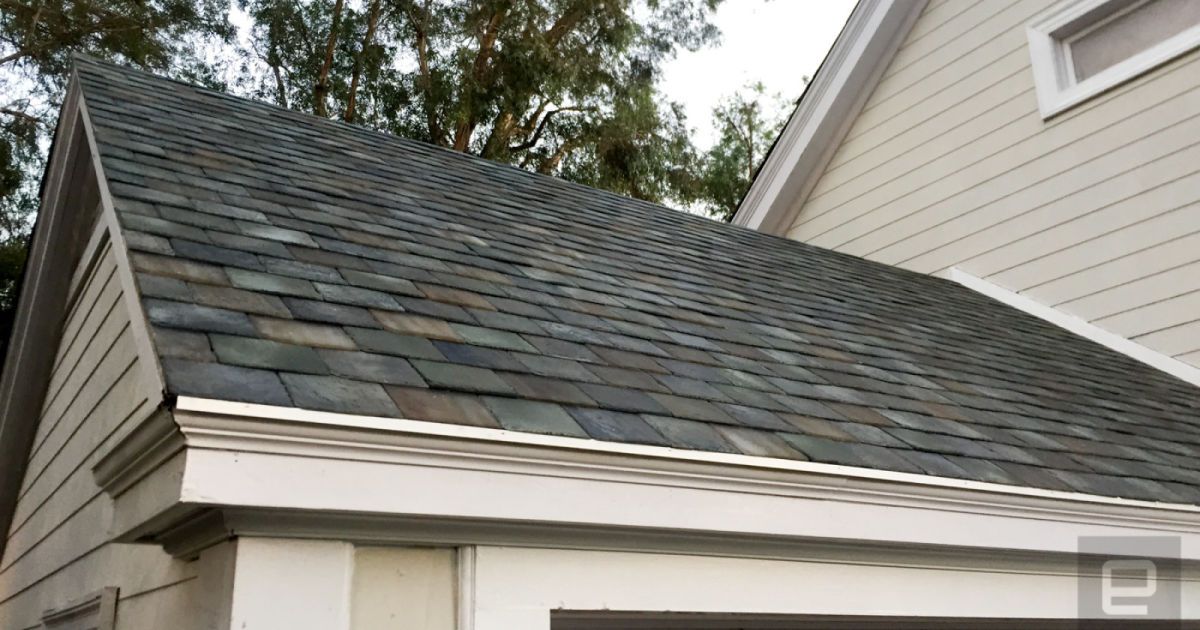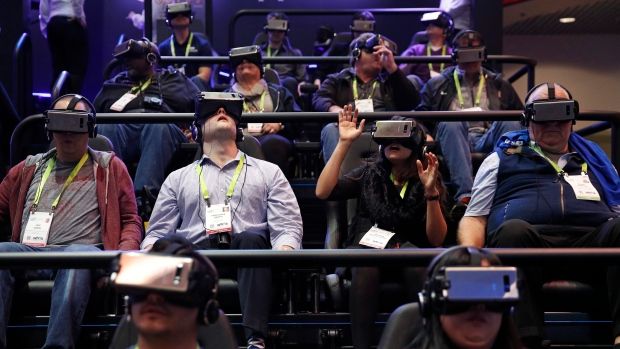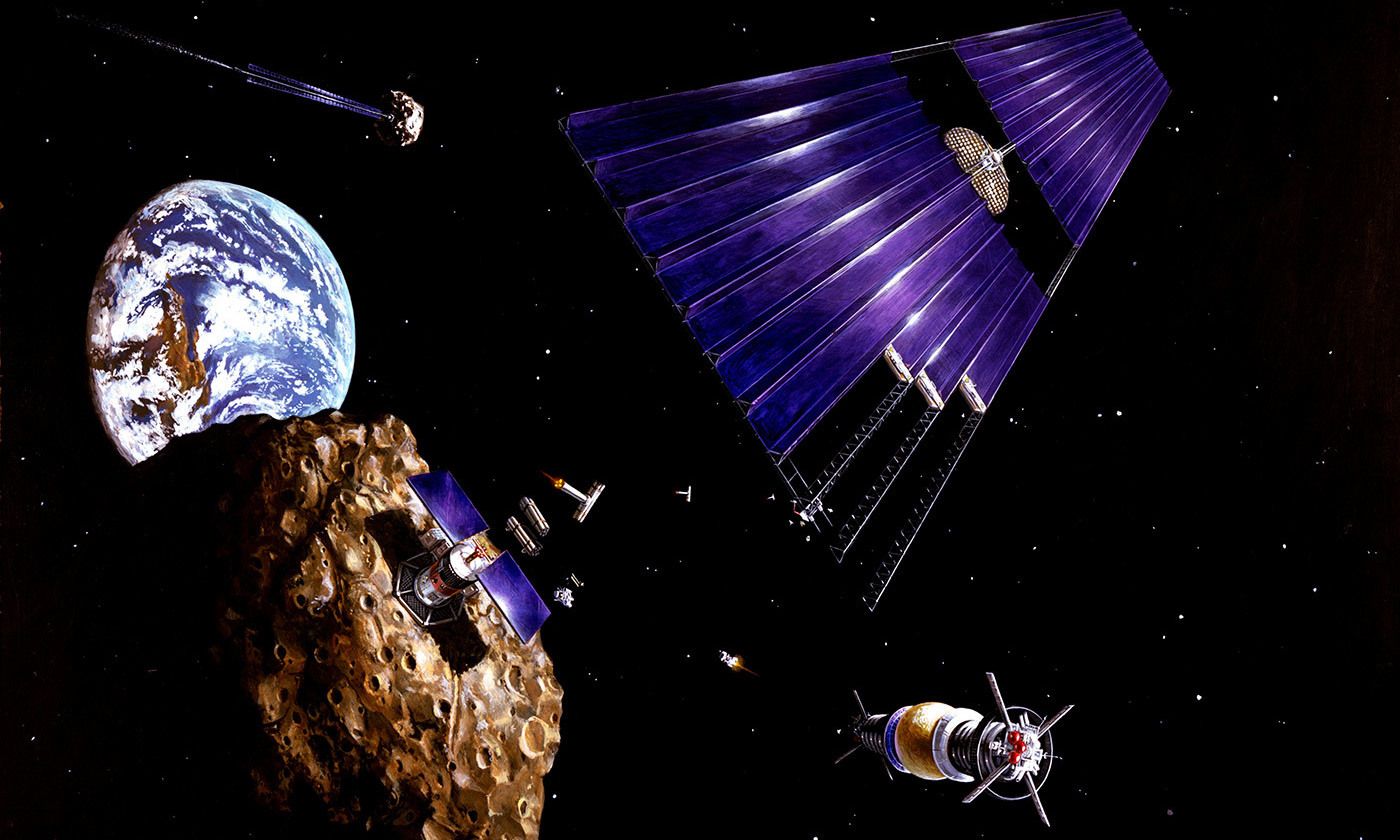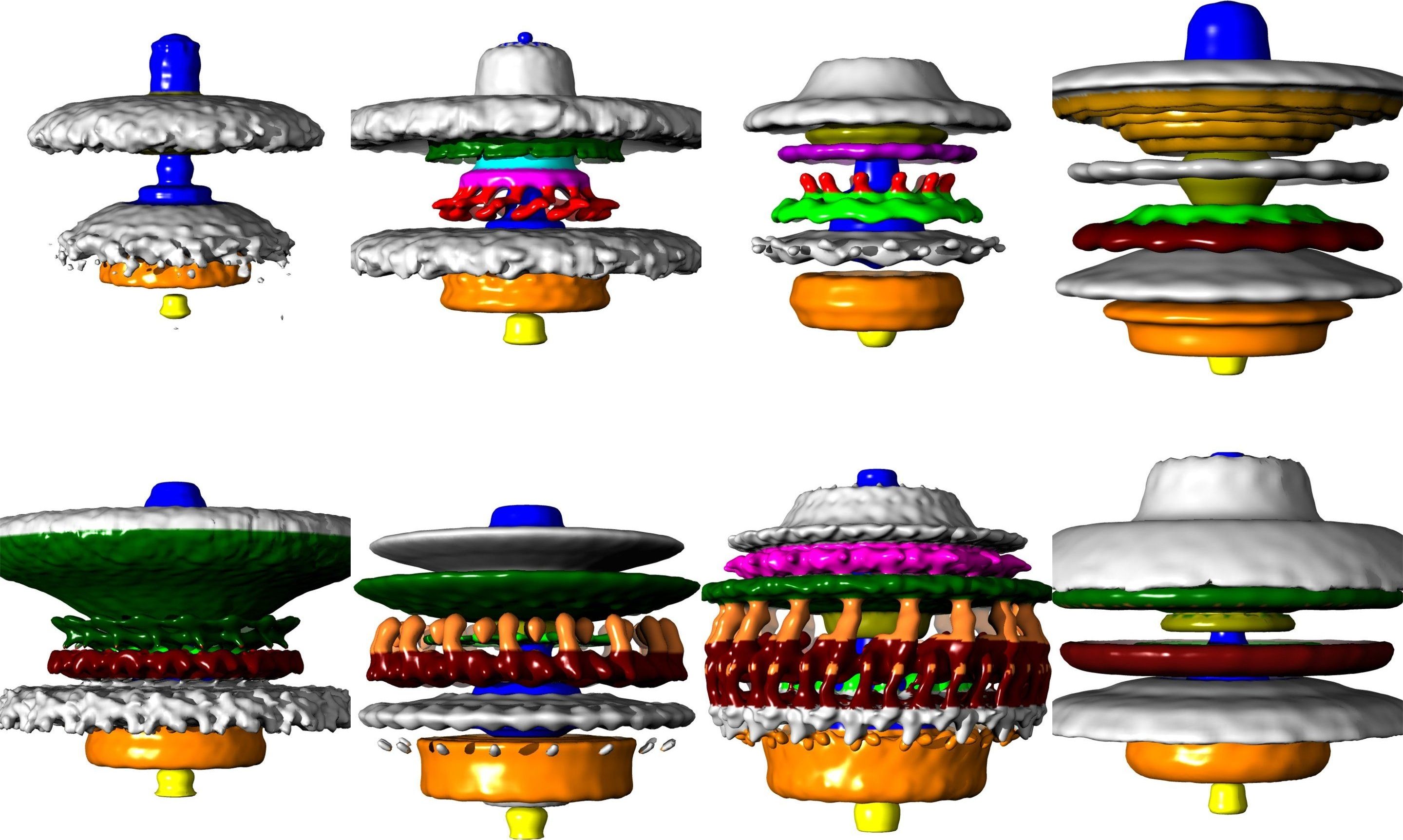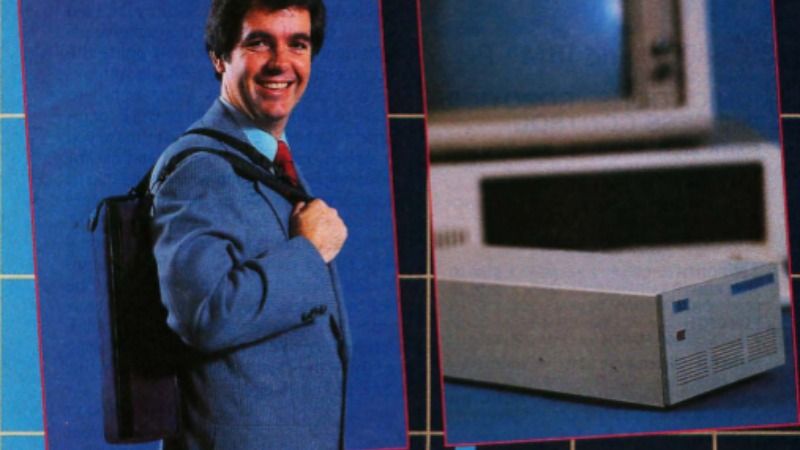WiFi security hasn’t changed much since WPA2 came to be in 2004, and that’s becoming increasingly apparent when public hotspots are frequently risky and glaring exploits are all too common. It’s about to get a long-due upgrade, though: the Wi-Fi Alliance plans to roll out a WPA3 standard that addresses a number of weak points. For many, the highlight will be individualized data encryption. Even if you’re on an open public network, you won’t have to worry quite so much about someone snooping on your data.
You’ll also see safeguards even when people have terrible passwords, and a simplified security process for devices that have either a tiny display or none at all (say, wearable devices or smart home gadgets). And companies or governments that need stricter security will have access to a 192-bit security suite.
WPA3 should arrive sometime in 2018, and comes on the back of other improvements like more thorough testing to catch potential vulnerabilities before they require emergency patches. These initiatives aren’t going to guarantee airtight security when you’re at the coffee shop, but they could at least eliminate some of WiFi’s more worrying flaws.

